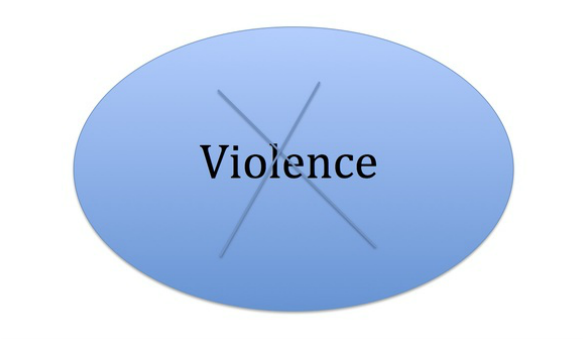|
Here is some additional information and tips for parents and community from my stint on tonights newscast on Fox and WAVY.
Due to all of the recent publicized mass violence more people are becoming concerned about what they can do or how to prevent further violence. I have worked within several school systems and one key to being able to help our youth is having a robust mental health program. A mental health program that helps the youth that are not “identified” as having a mental health issue is very beneficial because it is preventative. Also, implementing one that is accessible by parents would have a huge impact. Destigmatizing mental health would go a long way also. There is no weakness in needing help sometimes; it actually shows strength of character. Some reasons school violence happens and ways we can reduce it: -Bullying, have an effective way to handle bullying in your school. It still happens and can be quite cruel, especially over social media. (Children’s reactions can go one of two ways, externalizing or internalizing, this is where you see outbursts or violence in externalizing behavior and suicide/depression for those who internalize) -Undetected or unmonitored mental health issues, which can be related to a variety of issues including situational or organic. Please monitor children and their behaviors in and out of the home. Red flags may be isolation, extreme mood swings, depressive symptoms, (which can include obvious signs of depression like sadness, crying, exhaustion, and possible suicidal ideation, but can also include not so obvious signs like your child being easily irritated, anger outbursts, or psychosomatic issues like stomach aches or headaches), etc. -Family violence or an uninvolved/neglectful family. Some children may take out home stressors on the people in school. When life is unsafe (this can be witnessing domestic violence as well) or if their family doesn’t appear to care, it can really take a toll on a child’s well being. Obviously I would want anyone who notices violence or neglect to take the time to report these issues to child protective services, but I would also encourage these parents to take time to learn better tools in coping with their children. Different parenting strategies are available to help parents better learn how to connect and discipline their children, without violence. If we haven’t learned anything from all of this violence maybe we should pick up on the fact that violence begets violence. If we are violent to our children in our home we are telling them that this is an acceptable way to behave in society. Children mimic their parents, so why wouldn’t they mimic this? Some tips for parents: -Take time to talk with your children about the violence that has been occurring. Give them space to talk with you about their fears and concerns and make sure to reassure them of their safety. We know that not everyday will be safe, but in general people are trying their best to keep the youth in our community safe and these actions can be used as a way to reassure our youth that our community is safe. Those vigilantly working towards our safety include the parents, teachers, and our police force. -Keep the door for communication open even after the initial talk. -Make sure you are involved in all aspects of your child’s life, including their social media**. You are the parent and have every right to inspect their “private” pages or electronics. If it is a rule to start with it will not be an issue and even if you are looking at everything expect that they are still hiding something. Teenagers can be very creative. -Have dedicated family time. Family dinners that encourage talking are a great way to accomplish this. You want your children to know that your home is a safe place to express worries or even issues if they themselves are being bullied. -Do not be afraid to seek mental health help if you or your child needs it. It is okay, really it is. Tips for the community: -Be observant, report any suspicious issues or individuals. -Encourage people to drop the stigma around seeking mental health services. Our minds need to be strong just as much as our bodies. -Implement school/community mental health programs that are there to help the overlooked children, which is a preventative measure. If we help them now we can prevent bigger issues from developing later. Also, one of my favorite authors and presenters on this topic is Lt. Col Dave Grossman. His website is www.killology.com. He is an expert in mass shootings/violence. I would recommend you look into his work. Finally, at Atlantic Family and Adolescent Therapy I provide various services that include individual therapy, family therapy, parenting classes (including one that helps reduce in home violence), and groups for teens to help with issues such as self-esteem, depression, anger, etc. Fell free to contact me for questions and help. www.AtlanticFamilyTherapy.com **Social media: This concept not only makes these threats easier, but it can also offer a feeling of anonymity and unaccountability, which is obviously not true. When needed, threats can be tracked down relatively easily and all anonymity goes out the window. Unfortunately, our youth may also see this in a backwards way and may think that if they do this then they will be famous and the internet is where fame lives. Some research cited by Lt Col Dave Grossman suggests that the more we sensationalize this violence the more it happens. In a sense we are playing right into the hands of someone who wants to be noticed.
0 Comments
Your comment will be posted after it is approved.
Leave a Reply. |
Authors
Carmen Wolf, LMFT, Owner
Maureen Kelleher, ATR, LPC
Archives
March 2018
Categories |



 RSS Feed
RSS Feed
